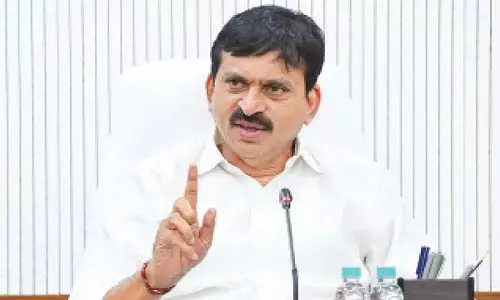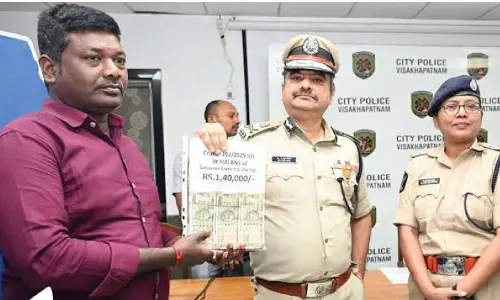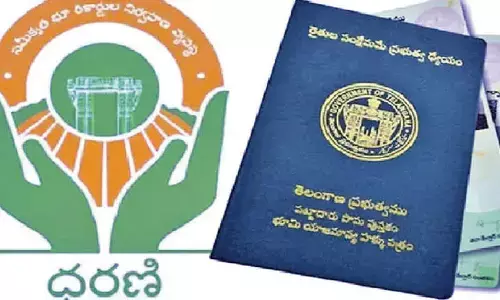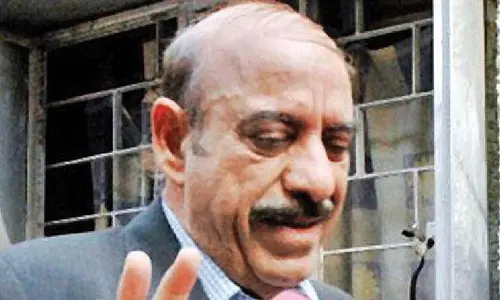Legal experts question the way ED uses PMLA
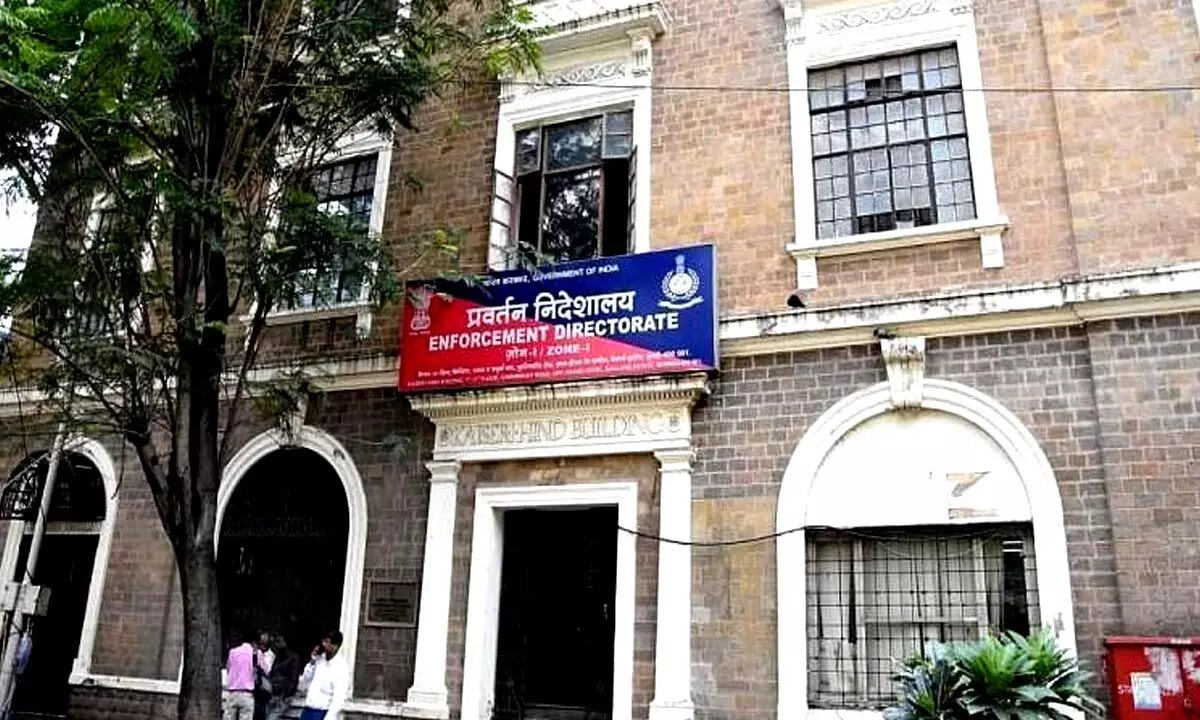
Enforcement Directorate (File/Photo)
In recent times, the Prevention of Money Laundering Act-2002 (PMLA) has made headlines after it walloped a group of political bigwigs in the country, especially the Opposition members.
New Delhi: In recent times, the Prevention of Money Laundering Act-2002 (PMLA) has made headlines after it walloped a group of political bigwigs in the country, especially the Opposition members.
The PMLA heat was faced by Congress leader Rahul Gandhi, Delhi Health Minister Satyendar Jain, NCP leader Nawab Malik, Karnataka Congress leader DK Shivakumar, and Lok Sabha MP Karti Chidambaram among others.
But is it a 'draconian law' politically used or is it the faultline of politicians?
"Cannot proceed on the basis of preponderance of probabilities"
Recently, a Supreme Court judgement held that even in the cases of PMLA, the court cannot proceed on the basis of preponderance of probabilities, and the allegation must be proved beyond reasonable doubt in the court.
"Even in cases of PMLA, the court cannot proceed on the basis of preponderance of probabilities. On perusal of the statement of objects and reasons specified in PMLA, it is the stringent law brought by Parliament to check money laundering. Thus, the allegation must be proved beyond reasonable doubt in the court. Even otherwise, it is incumbent upon the court to look into the allegation and the material collected in support thereto and to find out whether the prima facie offence is made out," the apex court said.
As per an apex court verdict of November 24, 2017 in favour of citizens' liberty, the Supreme Court had set aside a clause in the PMLA Act, which made it virtually impossible for a person convicted to more than three years in jail to get bail if the public prosecutor opposed it.
Section 45 of the PMLA states that an accused can only be granted bail if the magistrate is convinced that the accused is not guilty of the offence. (It observed that the provision violates Articles 14 and 21 of the Indian Constitution).
The origin of PMLA
PMLA, 2002 is an act enacted by the NDA government to prevent money laundering and confiscation of property acquired from the crime got 'more teeth' after its various amendments in 2005, 2009, and 2012.
The genesis of the act begins with India's commitment to fighting transnational organized crime. The United Nations Convention against Transnational Organized Crime held in 2020 is a significant initiative in this regard that establishes frameworks for mutual legal assistance and extradition and fosters law enforcement cooperation.
This was a follow-up of earlier conventions from the United Nations Convention Against Illicit Traffic in Narcotic Drugs and Psychotropic Substances of 1988, the Basle Statement of Principles, 1989, the Forty Recommendations of the Financial Action Task Force on Money Laundering, 1990, the Political Declaration and Global Program of Action adopted by the United Nations General Assembly in 1990.
What legal experts say
"When the law enacted in India, which specifically aimed to stop the illegal activities in a broader sense, eventually confined from its first phase to the second phase. Even though, if the Enforcement Directorate (ED) wants to interfere, there should be cognizance of offence. Now, the trend seems like there is no FIR, no case, and ED registers case based on allegations," Supreme Court lawyer Aljo K Josep told IANS.
"A law once started for the protection of world peace, and stopping money laundering for terrorism like purposes among others, today an agency, not even police, registers complaint and interrogating as they please... Law and order is a state subject and the ED's actions are interference of this state subject, in a larger dimension," he said.
"If law and order issues including financial crimes happening in a state, if no FIR has been registered, there is a mechanism for that. Anybody can approach the high court and an FIR can be registered or the high court can direct the CBI, or crime branch to register an FIR," he added.
"If the ED interferes in a state subject without FIR, that will be a breakdown of the federal structure, as per the constitutional interpretation," he said.
There are two aspects of financial crime, one is ED aspect, Revenue Intelligence/Income Tax aspects. As per today's scenario, the ED can be used even if you made a mistake even in an Income Tax return and turn it into a black money case.
In relation to the conviction aspects of these cases, another Supreme Court lawyer Subhash Chandran KR said: "If we see the conviction rate of PMLA cases, it's a microscopic minority. It can be used for allegations, arrests, and custody, however, the conviction is not happening as the case mostly cannot be proven at the end. This law is widely seen as being used against political opponents."









